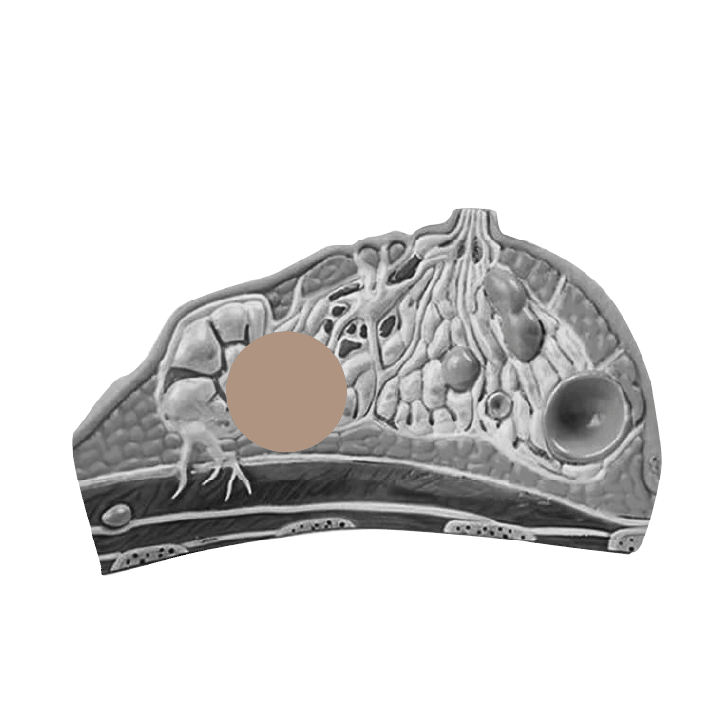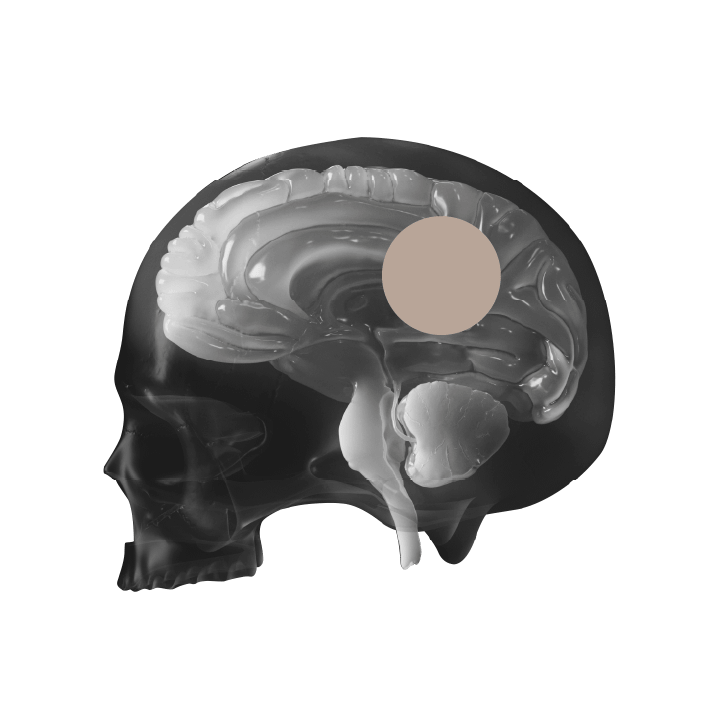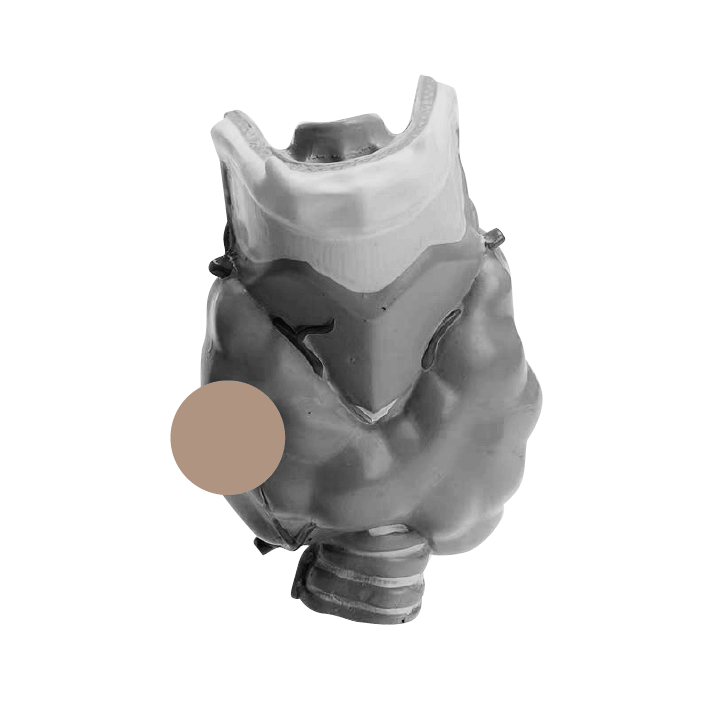9/11 Thyroid Cancer Lawyers
First responders and rescue and recovery workers were exposed to toxins and hazardous debris during the World Trade Center attacks and in the aftermath of 9/11. A recent publication of a 10-year study found that the risk of thyroid cancer more than doubled for September 11th responders compared to the general population. If you or a loved one is suffering, contact a 9/11 thyroid cancer lawyer for more information about available benefits.
MAXIMUM PAIN AND SUFFERING AWARD FOR
Thyroid Cancer:
$250,000
*Does not account for additional conditions or other forms of loss. Prior results and outcomes are not guaranteed.
WHAT IS THYROID CANCER?
Thyroid cancer occurs in cells of the thyroid gland. The thyroid gland is located in the neck, and produces hormones to regulate the body, including the metabolism, heart rate, blood pressure and calcium use. The thyroid can undergo a number of changes, both in physical size and shape and in regard to hormone production. While these changes impact the body, not all are the result of cancer. Benign thyroid tumors may develop, but should be monitored to make sure the changes are not a result of thyroid cancer.
It can be difficult to recognize the symptoms of thyroid cancer since symptoms such as weight gain or loss and fatigue can be associated with a number of ailments, or could be the result of benign thyroid problems. Medical testing is needed to diagnose thyroid cancer and distinguish thyroid cancer from benign disorders.
The main categories of thyroid cancer are:
- Differentiated, including papillary and follicular cancers
- Medullary
- Anaplastic
The most common types of thyroid cancer are in the differentiated category, primarily papillary and follicular. Differentiated thyroid cancers typically have good prognoses and do not spread quickly to other parts of the body. Patients with differentiated thyroid cancers often have very good survival rates with treatment. Unfortunately, medullary and anaplastic thyroid cancers, while not as common as differentiated thyroid cancers, have poor prognoses. These aggressive forms of thyroid cancer spread quickly and severely.
TREATMENT FOR THYROID CANCER
Treatment for thyroid cancers can involve removal of thyroid and surrounding impacted lymph nodes and tissues, iodine treatments, and targeted thyroid cancer therapies. Hormone replacement medication will be needed to compensate for the loss of the thyroid and its hormone functions. The patient will require ongoing monitoring to ensure the medication continues to work as expected.
CONTACT A 9/11 THYROID CANCER LAWYER TO LEARN YOUR ELIGIBILITY
For more information about the benefits available related to 9/11 thyroid cancer, please contact a 9/11 lawyer at Pitta & Baione by completing our online contact form or calling us at 844-901-1312.
PITTA & BAIONE LLP SUCCESSFUL CLAIMS







